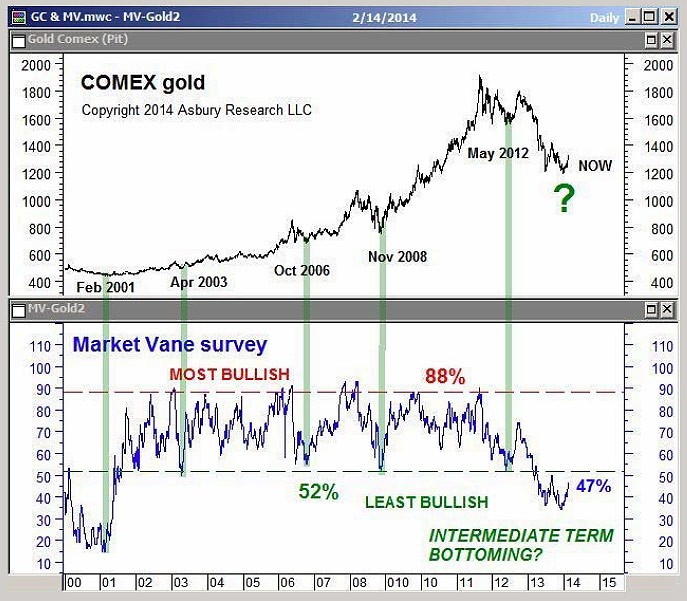Dark Clouds on Commodity Trading Advisers
Post on: 6 Апрель, 2015 No Comment

The U.S. Futures Trading Commission has conducted three days of hearings in Washington, in July and August, to discuss with industry specialists the role played by speculators in the energy markets and the different ways to reduce their influence. Also, the regulator admits that speculators are playing an important role as providers of liquidity, they want to avoid them influencing too much prices of consumer goods of finite supply like oil. Speculators have been blamed for record high commodity prices such as crude oil, which climbed above $147 a barrel in July 2008, and for the crash to near $30 in December. Oil is currently at around $65 a barrel.
The CFTC is weighting the introduction of position limits on the energy markets. At present, the commission imposes position limits in a number of agricultural commodities including corn, oats, wheat, soybeans and cotton. The current limits are described in the following table.
The different commodity exchanges also impose position limits, or accountability limits, on some contracts at their discretion.
Regulators and exchanges recognize the different between market participants using the commodity markets to hedge their business and speculative traders who try to make money out of it. Hedge participants are usually granted exemptions from regulatory or exchange limits. Banks and investment trading houses are routinely granted exemptions from position limits because they execute market hedging for commercial interest, but these banks often have a speculative position as well. The other categories of participants getting exemptions are the swap dealers which conduct transactions over the counter and then buy or sell futures on exchange to reduce their risk. Some large commodity index funds use the swap dealers exemptions to built big positions without having to respect position limits. According to the Wall Street Journal, over $300 billion was invested in index funds in July 2008, up over four-fold from 2006.
The CFTC’s view on position limits is not shared by the UK Financial Services Authority. UK regulation requires commodity exchanges such as the London Metal Exchange to operate fair and orderly markets and in order to do so they have rules that enable them to monitor and manage members’ positions. There are doubts about whether the FSA should resist the path of position limits to limit speculative influence on commodity prices. Energy consultant John Hall said any action on position limits has to be global. The FSA will have to reach some kind of compromise as you cannot have vastly different rules operating in different countries.

The implementation of the position limits and the potential new rules on exemption granting will have to be monitored carefully. A possible outcome is that the job of setting position limits will be moved from the exchanges to the CFTC. The CFTC might also look to view position limits on an aggregate basis, meaning contracts done on the exchanges as well as those done over the counter (OTC). The main risk for regulators with the new rules will be the switch by market participants from regulated exchange markets to unregulated OTC markets and dark pools.
Hegde funds, actively trading the different commodities markets, are monitoring carefully the ongoing discussions. The new rules could force them to implement changes in their trading programs to comply with the new limits. The funds that are the much exposed are the large CTA managing over $10bl in assets like Transtrend, Winton, Man AHL. or the managers specialized in a specific segment of the commodity market. Typically, CTAs are trading a diversified portfolio of commodities with the energy sector representing only a relatively small part of their allocation. However, a change in the funds trading away from the exchange to the OTC market may represents an operational challenge and will certainly increase the risk of trading errors and the risk linked to OTC counterparties vs the safety provided by the exchange trades futures contracts.
According to the CFTC Chairman, Gary Gensler, the CFTC may issue a draft rule this autumn. Once the draft is laid out, it will open for a 60 days public comment period before formal rules are put in place.














